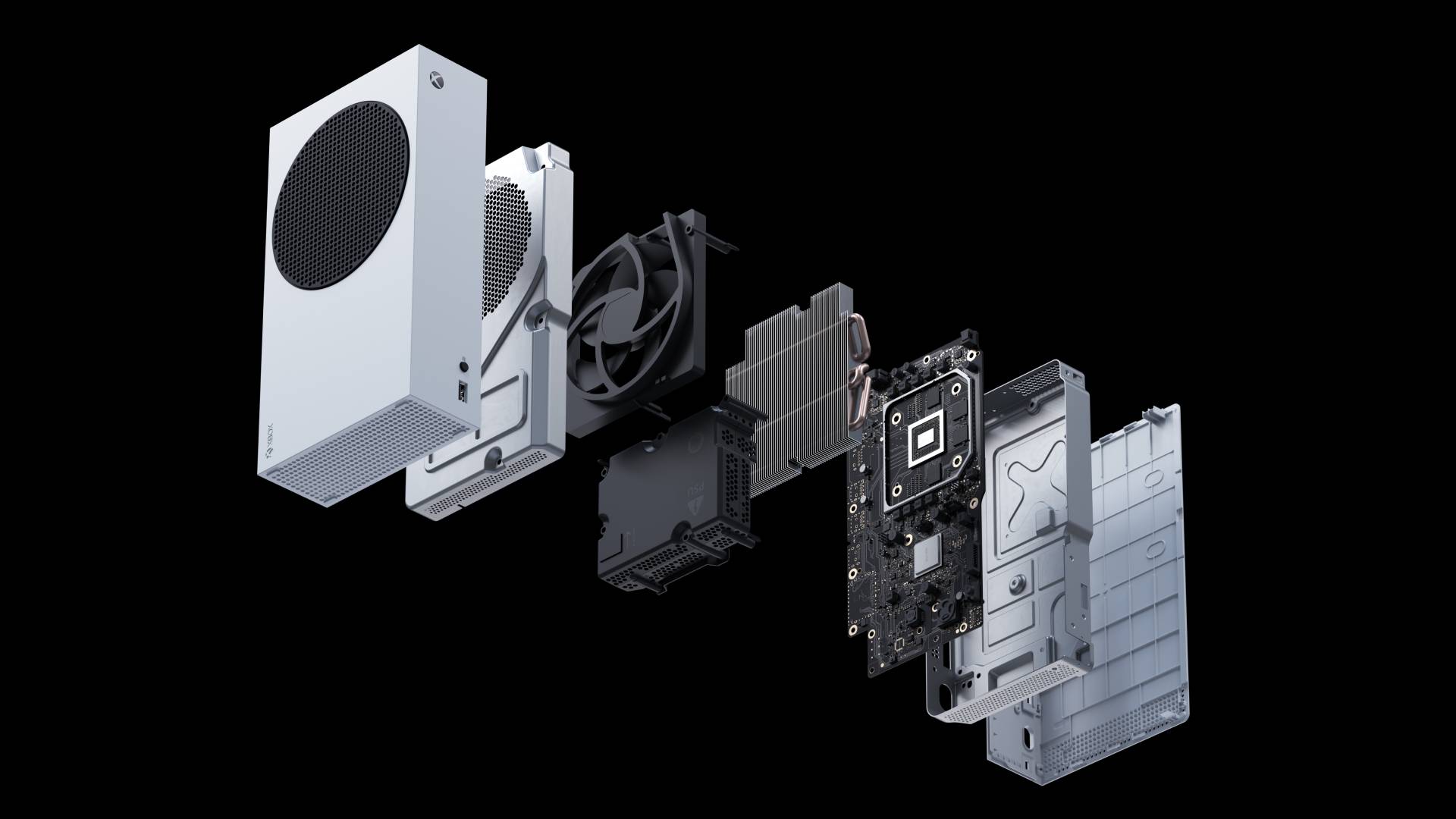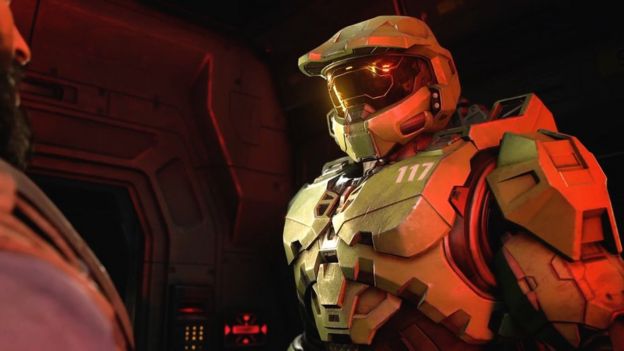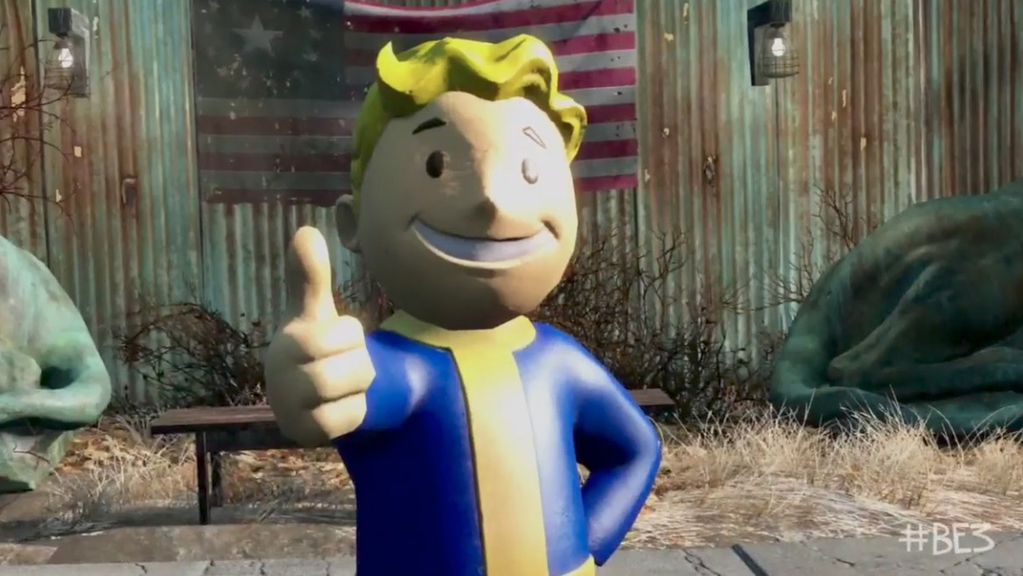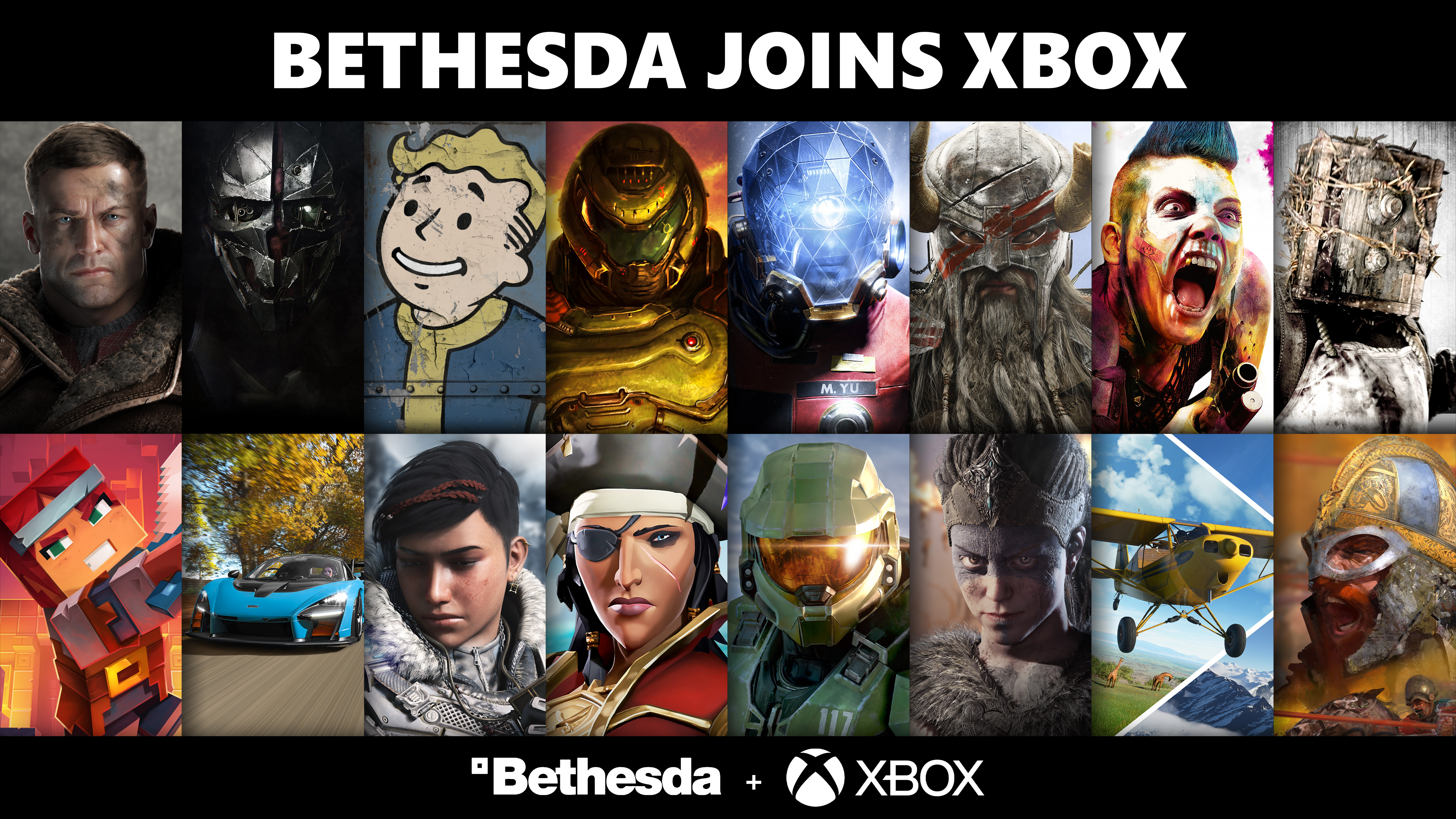It may have cost $7.5 billion dollars to make me realize it, but Microsoft’s Xbox Series S suddenly makes sense. Almost to the point where I’d consider it a genuine threat to Sony’s PS5.
The Xbox Series S was designed to be an affordable entry point into the Xbox ecosystem and next-gen gaming – and while some may argue that a commonly found resolution of 1080p in the majority of titles doesn’t qualify as a true generational leap – it’s hard to deny that Microsoft’s all-white Xbox hasn’t achieved its lofty goal.
The Xbox Series S can run the graphically intensive lighting and reflection technology known as ray tracing; it’s able to output games at 120fps, and it offers blazing-fast load times thanks to its 512GB internal SSD drive (though I do wish significantly more of it was available to use). You can purchase and play all the latest blockbuster titles on it, such as Call of Duty: Black Ops Cold War, Assassin’s Creed Valhalla, and even true next-gen Xbox exclusives like The Medium.
- Xbox Series X vs Xbox Series S: which Xbox is right for you?
- PS5 Digital Edition vs Xbox Series S: the two digital only consoles compared
- Xbox Series S vs Xbox One S: what's the difference?
Resolution qualms and framerate counting aside, then, the Xbox Series S really is a fantastic proposition for those who want a next-gen console that doesn’t break the bank, as long as you’re prepared to accept some of its caveats.
Flying under the radar

But despite the Xbox Series S’s appeal, I don’t think it’s resonated quite as well with consumers as it could have. After all, if you’re a fan of Xbox games or already a subscriber to Xbox Game Pass, wouldn’t you simply opt for the Xbox Series X so you get the best experience possible? That was certainly part of my thought process before Microsoft’s next-gen consoles released, even though I adore the almost impossibly small form factor of the Xbox Series S.
You could also argue that the Xbox Series S doesn’t do enough to sway fans of PlayStation hardware over to the green side. The price differential between Sony’s PS5 Digital Edition and the Xbox Series S isn’t significant enough to justify choosing Microsoft’s machine over the PS5 Digital Edition, which is essentially a PS5 without a disc drive. Why would you pay $299 / £249 / AU$549 for the Xbox Series S, when for over $100 more you can buy a PS5 Digital Edition?
The rise of Xbox Game Pass

However, if there’s one investment Microsoft has absolutely nailed in recent years it’s Xbox Game Pass. I don’t need to write any more superlatives about what many rightfully call “the best deal in gaming”, and it still often feels too good to be true and somehow continues to get better.
The Xbox Series S was always going to be buoyed by Xbox Game Pass, then. And I’m sure that being able to access every title from Xbox Game Studios on day one, like Halo Infinite, will have influenced a fair few people into buying Microsoft’s cheaper Xbox purely based on that fact alone.
But the Xbox Series S’s watershed moment came when Bethesda games were added to Microsoft’s service as part of the company’s acquisition of Bethesda’s parent company, ZeniMax Media.
This was no small selection, either, featuring a staggering 20 titles, some of which already run better than ever before thanks to FPS Boost, a new Xbox Series X and S feature that can sometimes quadruple the framerate of older titles.
There’s also the enticing promise that future Bethesda titles like Starfield and The Elder Scrolls 6 will arrive on the service on day one, just like Microsoft’s first-party output.
The value within

Whether you’re a fan of exclusives or not, there’s no doubt that they’re still the best way to sell consoles and entice gamers to change their allegiance to a piece of plastic. And with Bethesda games now on Xbox and PC moving forward, PlayStation owners suddenly have to deal with the prospect of games and series that they might have been excited for no longer being available. And that, in itself, is a far greater pull than Microsoft releasing another Forza Motorsport or Gears game.
Now, I’m not saying that people will start trading in their PS5 consoles en masse, but what the Xbox Series S could become is the perfect companion console to Sony’s machine. Much like how in every Xbox 360 and PS3 household you’d often find a Wii, the Xbox Series S has the potential to reach an audience that simply wouldn’t pay $499 / £449 / AU$749 for a box that does practically the same thing as the PS5 they already own.
Bethesda box

I’ve seen a number of people picking up an Xbox Series S to act their “Bethesda box”, which is testament to how beloved series like Fallout, Skyrim, Doom, Wolfenstein and The Evil Within are. And when they also know that they’re getting all of Microsoft’s first-party output, big third-party games like Outriders and more as part of their subscription, it’s hardly surprising that Xbox Series S has entered the equation.
The console suddenly isn’t just a cheap entry point into next-gen and the Xbox ecosystem: it’s an avenue for PlayStation (and potentially Nintendo Switch) fans to ensure they can still play Bethesda’s upcoming games without making another sizable investment. As a consequence, they’ll also be exposed to countless Xbox games that they may have ignored, and the incredible value proposition that is Xbox Game Pass.
That should worry Sony – not because they’re likely to lose out on the sale of a PS5, but because the prospect of paying $70 / £70 for a game when compared to $10 / £8 a month is a hard one to justify. It’ll also attract more people to the already 18 million Xbox Game Pass subscribers that Microsoft is so keen to build as opposed to shifting Xbox Series X consoles.
Perhaps this was Microsoft’s plan all along?
- Best Xbox Series X games: don't miss these top titles
from TechRadar - All the latest technology news https://ift.tt/2NGOuN0
No comments:
Post a Comment